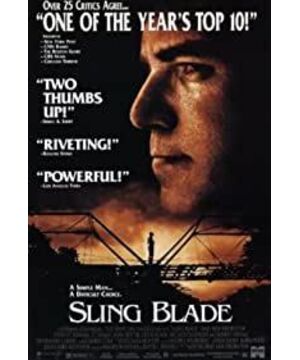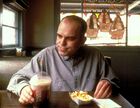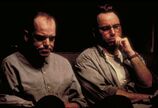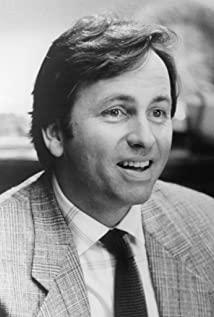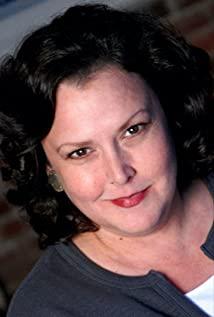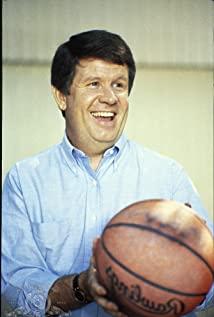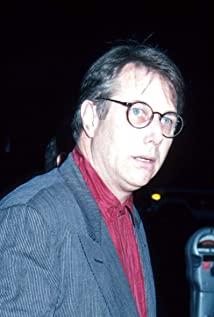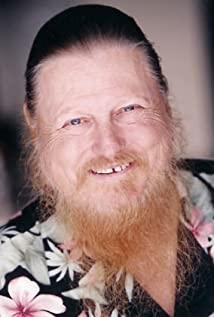He is slow, a little rickety, and speaks weirdly with ridiculous syllables. But on the other hand, he is also an agile mechanic repairer. We can always see the hidden genius of the mentally retarded from similar movies. Is this the truth that I am born to be useful, or is it deliberately creating a contrast to create a selling point? Carl and the little boy Frank formed a deep friendship, and he was grateful to the boy's widow mother. When Frank's mother's fierce alcoholic boyfriend threatened the family, Carl seemed to be a thoughtful philosopher who slowly explained everything, and then calmly raised the switchblade again in the middle of the night and killed the alcoholic. What we see is not a real mentally retarded person, but a person who has a huge love in his heart and sacrifices himself for the happiness of others. A person who seems to act slowly but does not hesitate at all.
Some details are worth talking about. Carl has nothing, and always carries only his bible and a few mechanical books with him; Carl returned to the mental hospital again, staring out the window, showing a sacred smile-he chose this kind of life, without regrets, even without regrets. People know the real him. Perhaps the world still treats him as a crazy mental patient who can never be cured.
Of course, it is not possible to talk about the good and evil of Karl's behavior in a strict legal sense. Do those who were killed by him deserve to die? Art is always an exaggerated emphasis on a certain aspect of life, so that we can feel it, this is enough. Karl has his firm behavioral logic, something similar to the "righteousness" admired by the traditional Chinese,-the so-called "Ten years of sharpening a sword, but never tried the frosty blade; today, Shijun, who has any injustice?", in Here, Carr just reused his switchblade, as if bound by fate.
View more about Sling Blade reviews


